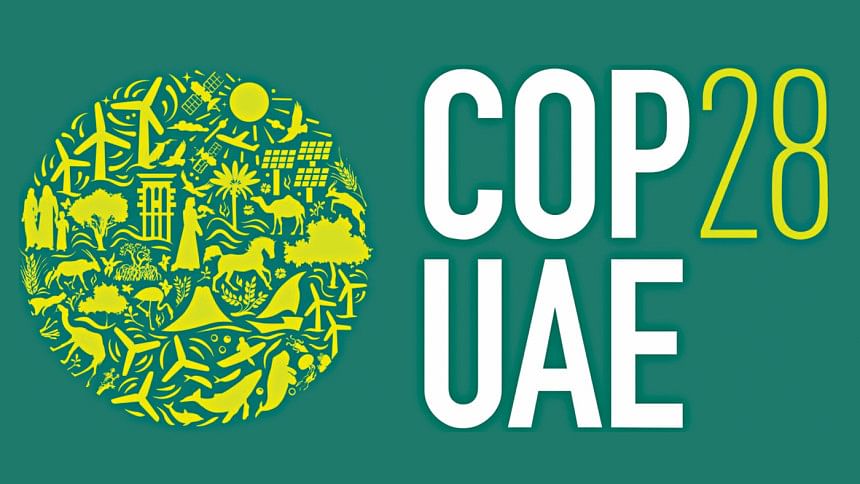Get out of comfort zones, work together

COP28 President Sultan al-Jaber yesterday urged countries to get out of their comfort zones and work together to reach agreement before the two-week summit ends.
"Let's please get this job done," he said, opening a plenary session as the summit entered its toughest phase of negotiations. "I need you to step up and I need you to come out of your comfort zones," he said.
With five days left before the conference ends on December 12, country ministers were joining the deliberations yesterday.
Still unresolved is how the nearly 200 countries at COP28 will handle the issue of fossil fuels, the main source of climate-warming emissions. At least 80 countries are demanding a COP28 agreement that calls for an eventual end to fossil fuel use.
Such a position would be unprecedented, after three decades of UN climate summits that have never addressed the future role of fossil fuels head on.
The UN climate agency yesterday published a new draft of its COP28 agreement which included a range of options for the future of fossil fuel use.
The Canadian environment minister was optimistic that a compromise could be reached.
"I'm confident we have to leave Dubai and COP28 with some language on fossil fuels," Canada's Steven Guilbeault said. "Even if it's not as ambitious as some would want, it will still be an historic moment."
The UN climate agency's chief made an impassioned plea to countries, reminding that the science behind the world's goal of holding warming to within 1.5 degree Celsius (2.7 degrees Fahrenheit) of pre-industrial temperatures is clear.
"From the planet's perspective 1.5 is a tangible limit. It is not simply a choice," said Simon Stiell, a Grenadian national who is executive secretary of the United Nations Framework Convention on Climate Change.
"Pass 1.5 degrees and we're likely to irreversibly lose ice sheets" and 10 meters of sea level rise, the demise of coral reefs that sustain the world's fisheries, and temperatures so extreme that "2 billion people will live in areas ... beyond the human limit and are a threat to life," he said.
Meanwhile, eastern European countries are working to resolve an impasse over where to hold next year's COP29 summit after Russia said it would block any EU member as COP president.
As of yesterday, the candidates included Azerbaijan, which offered to host the event. Both Moldova and Serbia have also offered to take on the rotating presidency.

 For all latest news, follow The Daily Star's Google News channel.
For all latest news, follow The Daily Star's Google News channel. 



Comments